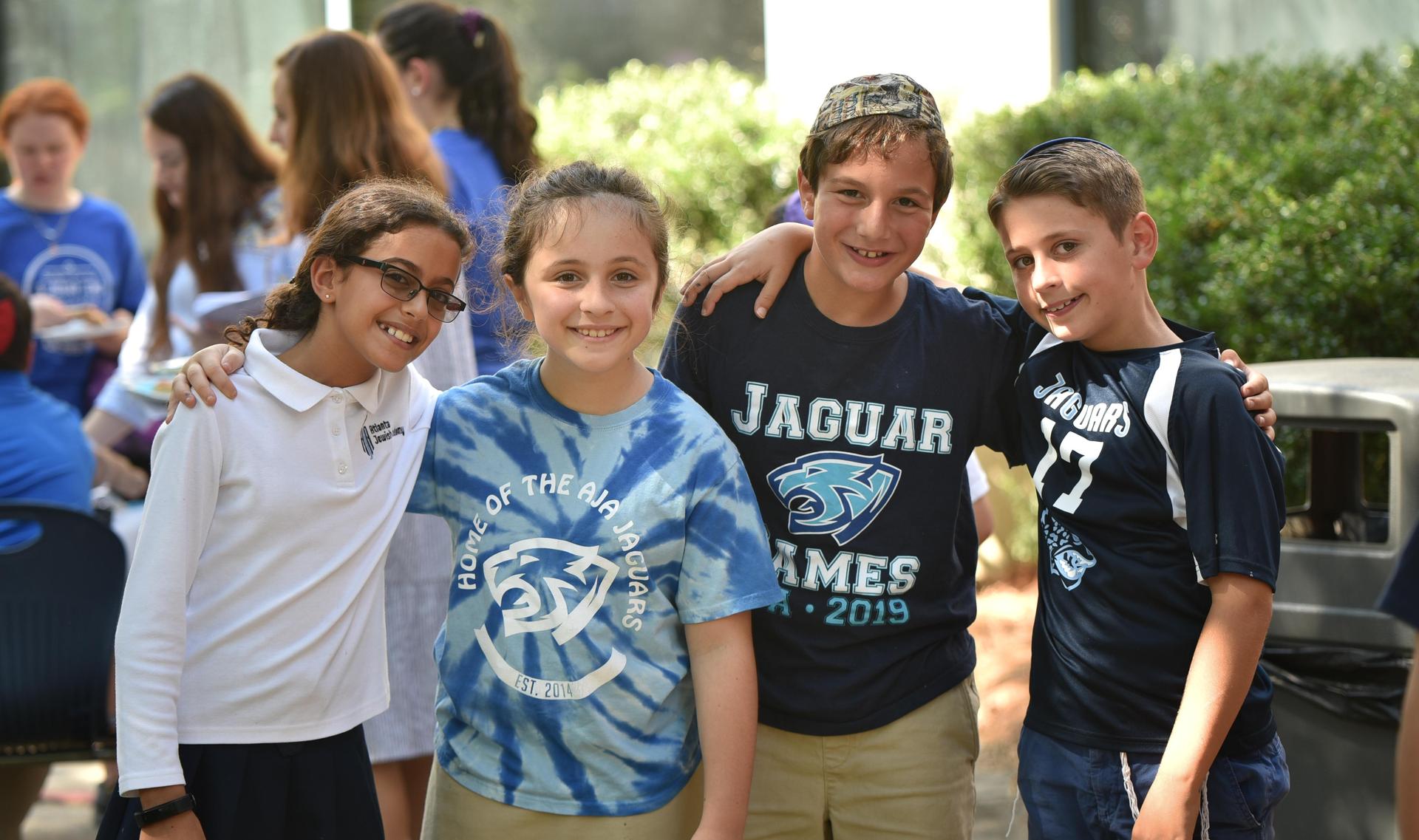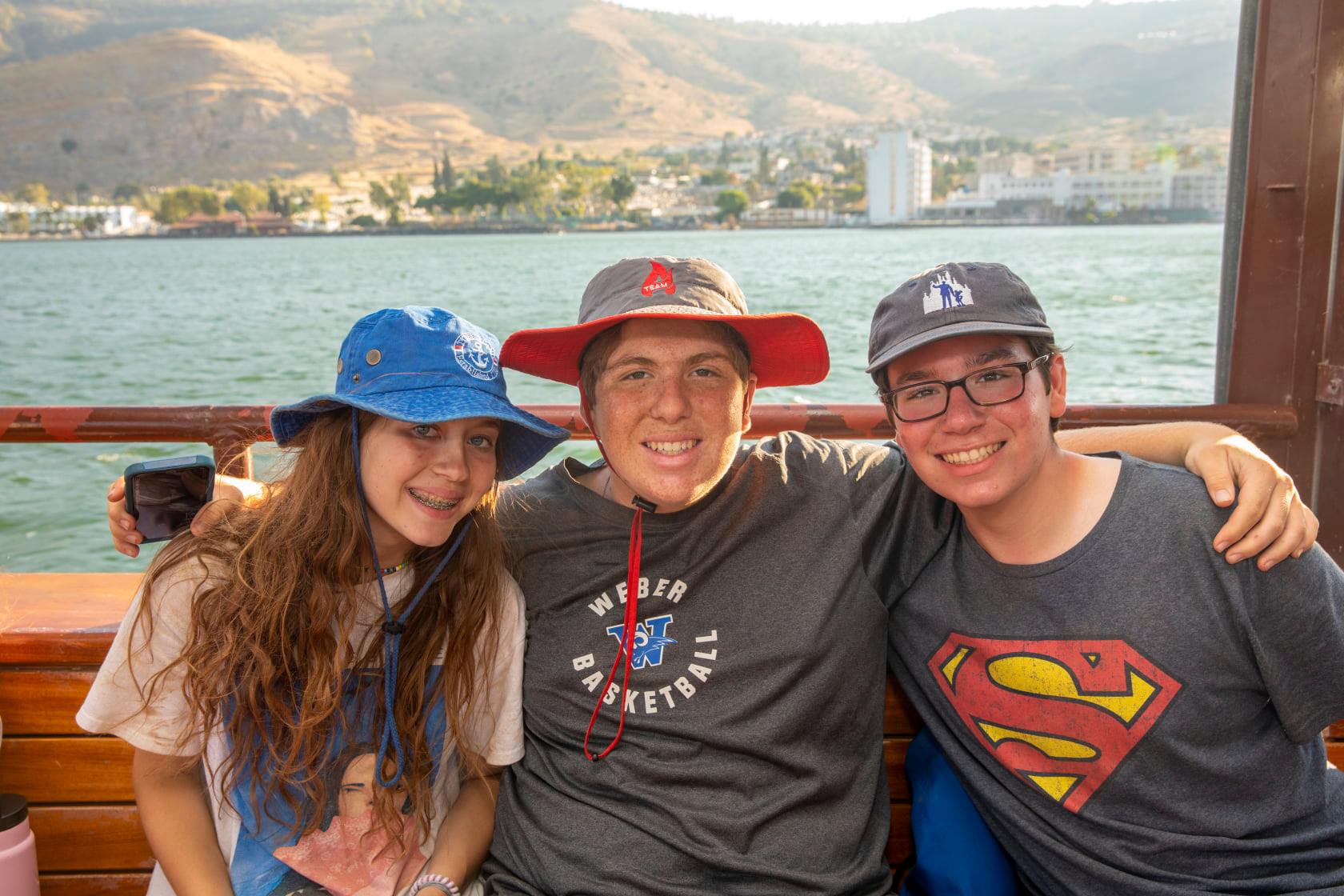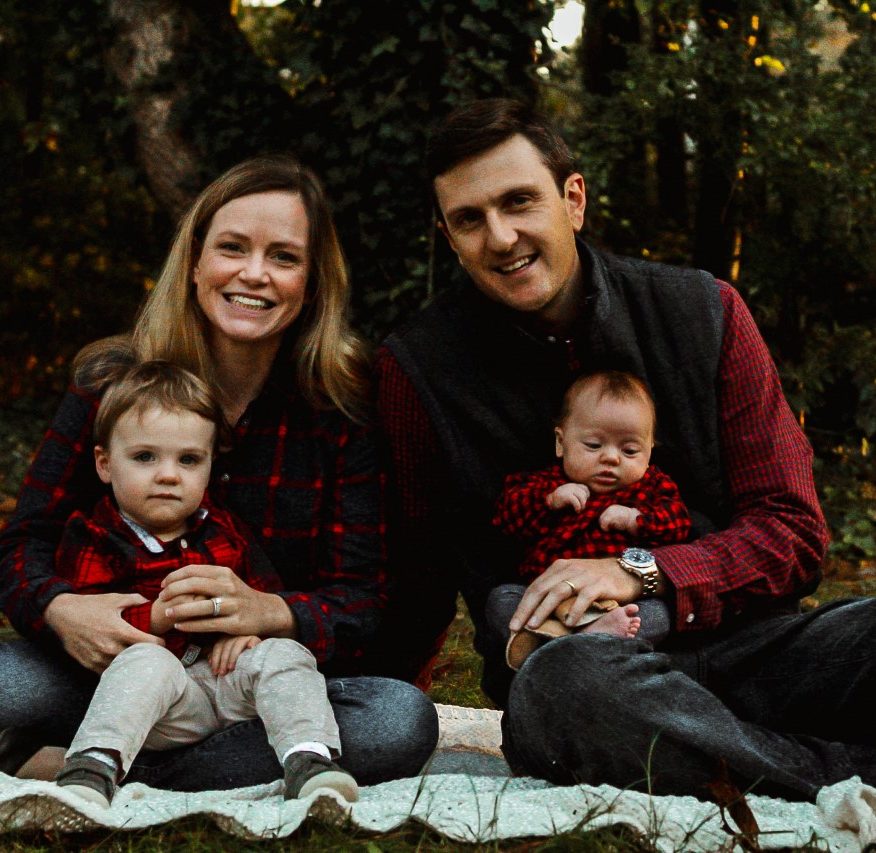A recent Jewish community survey on self care during the pandemic revealed that people age 25 and under have experienced some of the highest rates of anxiety, depression, drug and alcohol abuse, and even suicidal thoughts. It was surprising to some, but not to the professionals who lead JumpSpark, our community teen initiative. JumpSpark conducted its own anonymous teen survey on mental health and has been creating programming and opportunities for group work around these issues since the beginning of the pandemic. JumpSpark has provided a safe place for teens to talk and share their feelings during this time.
Lili Stadler, a senior at The Weber School, is part of JumpSpark’s Strong Women Fellowship. She spent the summer and fall of 2020 interning with the Blue Dove Foundation which addresses mental health through a Jewish lens. Lili has been passionate about mental health advocacy her whole life, and her curiosity about her peers led her to create a mental health survey for the Atlanta Jewish teen community.
Read on to see what Lili learned through her internship and from her friends, the statistics she has mined, and what she has to say about the emotional struggles she and her peers are dealing with.
With a school counselor as my mom, I have always known the importance of mental health. Talking about my feelings had never been a problem; in fact, it was normal in my household. Therefore, I brought that mindset into elementary school, which wasn’t anything necessarily special, considering crying and complaining were daily occurrences for most children trying to understand how to share, create friendships, and express themselves. I pretty much had one best friend who knew every thought that went through my head throughout middle school. She was practically my sister, so I didn’t feel any need to keep anything in. Sharing our thoughts and expressing our emotions were normal, everyday tasks. Again, unleashing this vulnerability was a regular and uneventful occurrence in my day-to-day life.
When I got to high school, I was shocked that, after getting acquainted with my peers through surface-level discussions about our previous schools and favorite nail spots, they weren’t openly sharing their deepest, darkest secrets. Now that we are seniors, my friends are aware that I am not afraid to show or talk about my emotions. After realizing not everyone is comfortable with talking about those feelings, I have learned to normalize mental health in my personal life. Most of the time, I encourage my friends to understand that feeling any type of emotion is normal, and you do not have to feel ashamed of it.
Because of the pandemic, I have become very aware of my own mental health needs as well as the mental health concerns of those around me. The effects of isolation have been clear: Not only have I become personally acquainted with both anxiety and depression; I have seen most of my friends struggle. One thing we can agree on in these times of turmoil in our country is that now, more than ever, is the time to eradicate the stigma surrounding mental health.
Fortunately, I have had the unusual opportunity to view and interpret real data on the state of teen mental health in the Jewish community through an anonymous survey I created during my internship at the Blue Dove Foundation. One hundred fifty-four respondents, most of them Jewish, from both public and private schools across Atlanta provided insight into teen mental health issues. Some of the information was pleasantly uplifting; however, some statistics reflected the growing concerns society faces regarding mental health. For example, it was shocking to see roughly half the people who took the survey have experienced depression in the past six months, potentially propagated by COVID-19. Although I know, statistically, depression is pervasive among teens, it almost seems unreal that so many people have experienced it, considering I have had very little experience with people close to me opening up about their depression.
Additionally, about 29 percent of respondents engage in solo or group drinking or drug use when feeling stressed, anxious, or depressed, which seems like too large of a number. When asked what they would worry about most when confiding in someone for emotional support, about 12 percent of respondents expressed that they do not have anyone they would trust to tell, and about 15 percent wouldn’t even want their friends/family finding out they are struggling.
Many things struck me as concerning in these statistics. For example, 86 percent of participants have had a friend confide in them about their mental health, yet 44 percent of those respondents were told not to tell anyone about that discussion. Further, 43 percent said they feel as if they do not know how to help their friends’ mental health issues, and 41 percent of respondents don’t open up to others about mental health, because they do not want to burden others with their problems.
Teens are clearly underprepared to effectively help their peers with mental health, yet most respondents said they would go to a friend before talking to an adult about their mental health issues. Because the difference between the number of people who would most trust a friend and the number of teens who feel ready to handle someone’s mental health concerns, it is clear to me things need to change. It is extremely difficult to know the right steps to take regarding someone else’s personal struggles, and there is a lack of resources to point teens in the right direction. From these statistics, it is clear that most teens are “driving blindly” while trying to help their friends with their problems.
By encouraging data-driven education and advocacy, Blue Dove aims to increase awareness about mental illness and make all of us feel less alone in our mental health journey. When giving teens the opportunity to share and listen to one another’s experiences without judgement, and by dedicating the time and resources needed to teach helping skills, vulnerability and understanding, Jewish youth organizations and day schools can simultaneously help end the stigma and increase the emotional intelligence and resilience of our teen population.
View the full survey results.



 JumpSpark is proud to partner with
JumpSpark is proud to partner with 


 Federation
Federation


 The Blessings of Our Fertility Journey
The Blessings of Our Fertility Journey


 November 7-13, 2021 | Israel
November 7-13, 2021 | Israel

